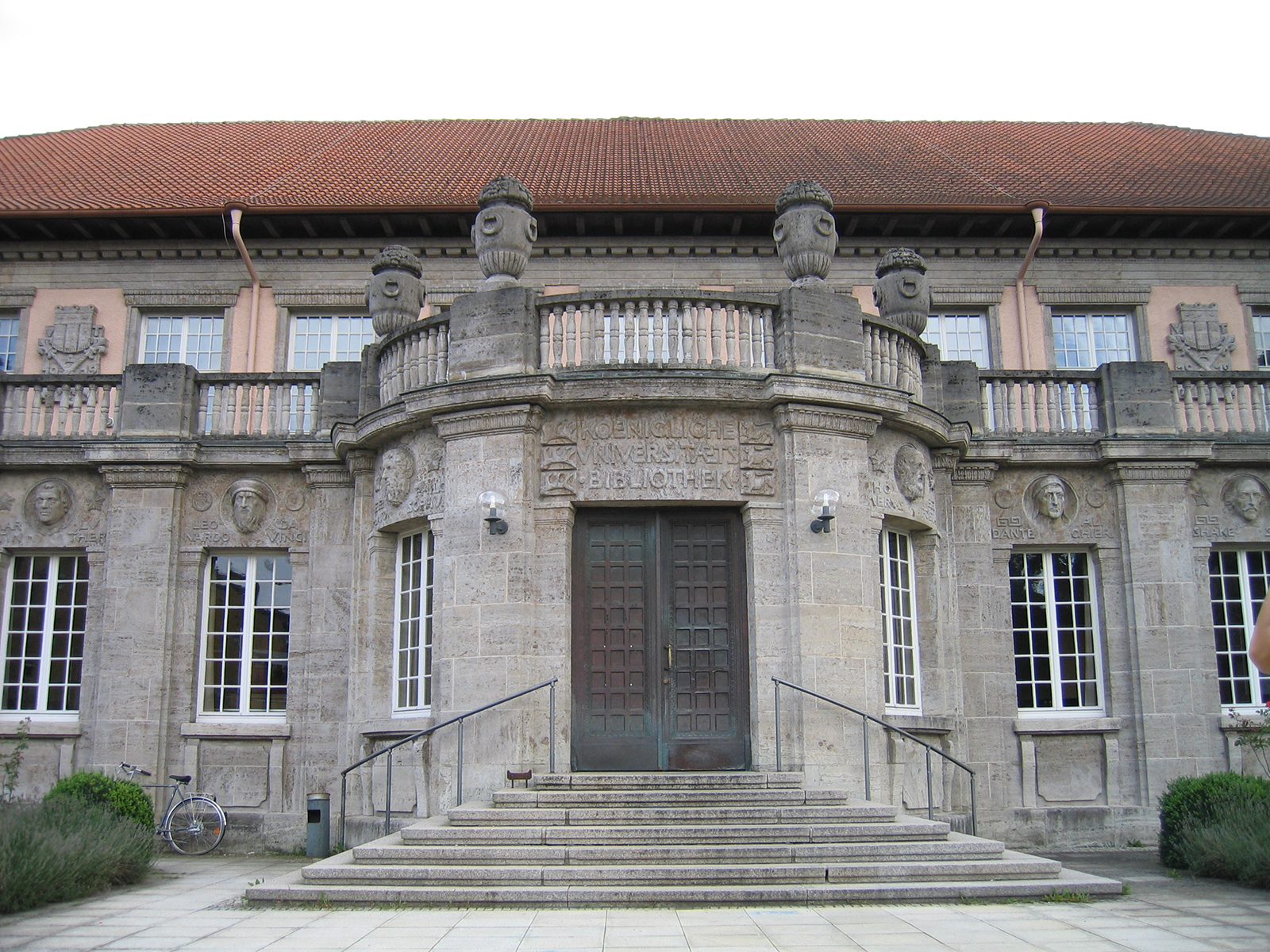University of Tübingen: University of Tübingen remains on course for growth
The University of Tübingen remains on course for growth. “Despite all the difficulties and challenges, the university was again able to raise more research funds last year and welcome more students to the campus,” said the rector of the university, Professor Bernd Engler, at the presentation of the annual report on Wednesday. Thanks to the exceptional commitment of all university members, the university has weathered the corona pandemic well over the past two years and will largely return to normal operations in the upcoming summer semester.
The University of Tübingen was able to record increases in almost all important parameters last year. The university’s total income rose by around 1.6 percent to 695.7 million euros. The sum of third-party research funds raised disproportionately increased. At 258.3 million euros, they increased by five percent compared to the previous year and reached a new record value. More than half of the third-party funds went to the medical faculty, which alone raised 141.5 million euros. The German Research Foundation remained the most important source of third-party funds with 85.8 million euros, followed by the Federal Government with 58.9 million euros and foundations and donations with 48.4 million euros.
The high attractiveness of Tübingen as a place to study can also be seen from important indicators, said Engler. Bucking the nationwide trend, the number of students at the University of Tübingen continues to rise. A total of 28,159 people were enrolled in the 2021/22 winter semester, 723 more than a year ago. The number of first-year students (first and new enrolments) climbed from 5,332 in the previous year to 5,428. There was a significant increase in international students, whose number rose by 305 to 3,927. “Last year we were able to reach the level of the years before the pandemic began among international students,” said Engler: “We want to continue to strengthen this trend in the coming years.”
There was also an increase in the number of employees. The number of full-time equivalent positions rose by 4.6 percent to 5,610, including 4,169 in the scientific field. The number of professors rose by ten to 539. The proportion of women in professorships climbed from 25.8 to 26.8 percent. “The number of female professors who research and teach at the University of Tübingen is still too low,” said Engler. “Therefore, we have further expanded the targeted support of promising female scientists in 2021.” He referred to the newly introduced support program “Athene Advanced”, with which newly appointed junior professors are supported through coaching measures, as well as the new program line “Athene-Mentoring”,
Growing importance of international projects
“2021 was also an important year with regard to the settlement of new research institutions at the Tübingen site,” said the Rector. “A milestone was undoubtedly the successful application for the German Center for Mental Health.” Here, scientists from the University of Tübingen will work on new prevention, diagnosis and therapy methods for mental illnesses in the future.
Important impetus for international research cooperation can also be expected from the new Global Centers for Climate and Health. As the rector reported, the university managed to acquire three of these centers in 2021, which will in future deal with the correct handling of water shortages and drought, faster reactions to the spread of infectious diseases and pandemic prevention in Central African countries. The centers will initially be funded by the German Academic Exchange Service until 2025 with up to 600,000 euros per year.
“The Corona crisis has made research and teaching at international level considerably more difficult in the past two years, and the war against Ukraine has dramatically aggravated the situation,” said Engler: “It is all the more important that we do not let up in our efforts and continue to do so advocate the cross-border exchange of education and knowledge.” In this context, the rector referred to the European university alliance CIVIS, which last year was able to admit two other renowned members, the universities of Glasgow and Salzburg: “Despite the pandemic, the CIVIS partners continued to expand the range of courses for the more than 380,000 students in the association.”

